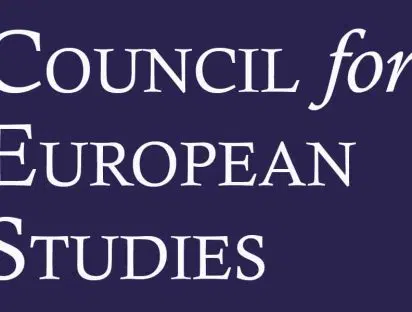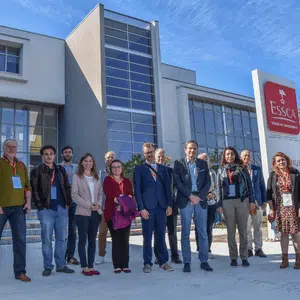In a newly published book chapter, Maximilian Rech from ESSCA Shanghai, turns to a topic in international trade that receives relatively little attention, but is crucial for developed economies: rare earth elements (sometimes also referred to as rare earth metals).
These precious resources – ‘the seeds of technology’ according to a Japanese expression – have become a strategic issue. Maximilian’s contribution, which is based on his ongoing PhD research, assesses the degree of supply chain vulnerability associated with rare earth elements (REE) in Germany and the European Union (EU). In response to China’s decision to restrict the export of Rare Earth Elements (REE), the European Union has issued a raw materials initiative in 2008, while Germany has formulated a resource strategy in 2010.
Using the concept of supply chain vulnerability, the chapter examines both German and European policy responses. The results highlight Germany’s different policy initiatives on national, European, and international levels, in order to ensure ready access to raw materials. However, Europe’s practical policy response building on economic, rather than political measures, confirms that there is no shared perception of a veritable security threat. Policymakers simply restricted themselves to ameliorating the policy framework, with concrete actions including the promotion of a level playing field, fair market conditions, and a conducive financial environment. Policymakers in Germany and the EU confirm that it is by and large the responsibility of the industry to ensure ready access to raw materials and overcome supply chain vulnerability with regard to REE. Time will tell whether this attitude will be sufficient on a highly sensitive global market.
- Rech, M. (2015). Rare Earths Elements and the European Union. In Kiggins, R. D. (Ed.). The Political Economy of Rare Earth Elements – Rising Powers and Technological Change. International Political Economy Series, pp. 62-84, PalgraveMacmillan: Basingstoke, Hampshire.




